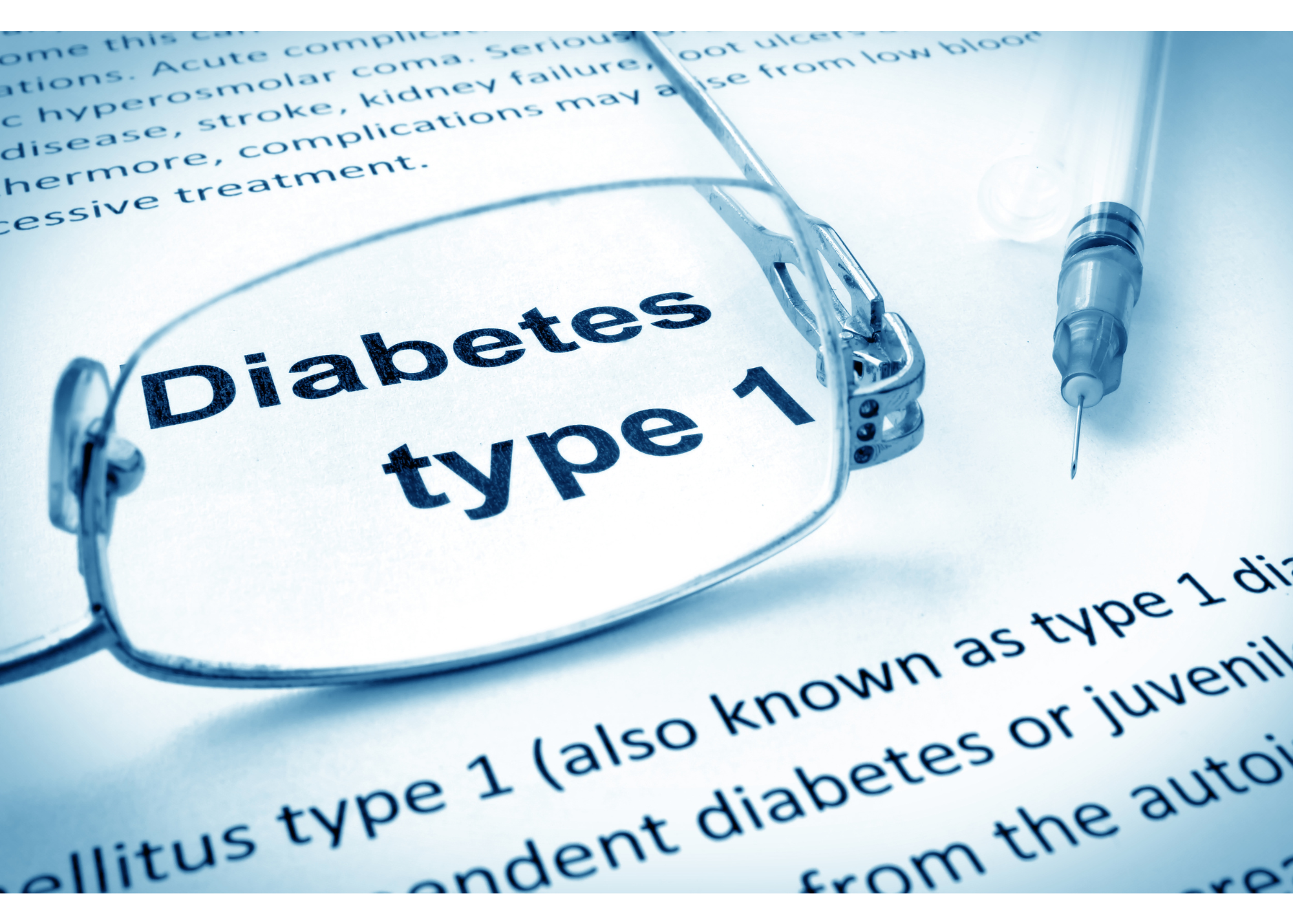Reversing Type 1 Diabetes: The Magnifying Potential of Stem Cell Encapsulation
DOI:
https://doi.org/10.52243/bptjm.v1i2.27Keywords:
stem cells, macroencapsulation, diabetes, encapsulation, microencapsulation, type 1 diabetesAbstract
Type 1 Diabetes (T1D) is one of the most common chronic autoimmune diseases characterized by islet autoimmunity. This is followed by immune destruction of the β-cells as T cells attack and destroy insulin-secreting pancreatic β cells, leading to insulin deficiency. Currently, life-long insulin therapy is the primary treatment option for the condition with research being centered around islet transplantation to restore glycemic stability. However, this procedure is limited by risks and supply shortages, highlighting the need for a safer, more effective therapy for the approximately 9 million people across the world with Type 1 Diabetes. This literature review serves to assess stem cells and their potential as a vast β-cell supply towards the treatment of Type 1 diabetes. Stem cells may differentiate to become a self-renewing β-cell line that may reverse Type 1 Diabetes; however, further studies expanding on encapsulation techniques, methods whereby living cells are entrapped in semi-permeable membranes for the purpose of disease treatment, are required. With this new horizon of possibilities, targeted efforts towards stem cell manipulation in expressing β-cell phenotype can pave the way for a highly efficacious treatment for Type 1 Diabetes.
Downloads






